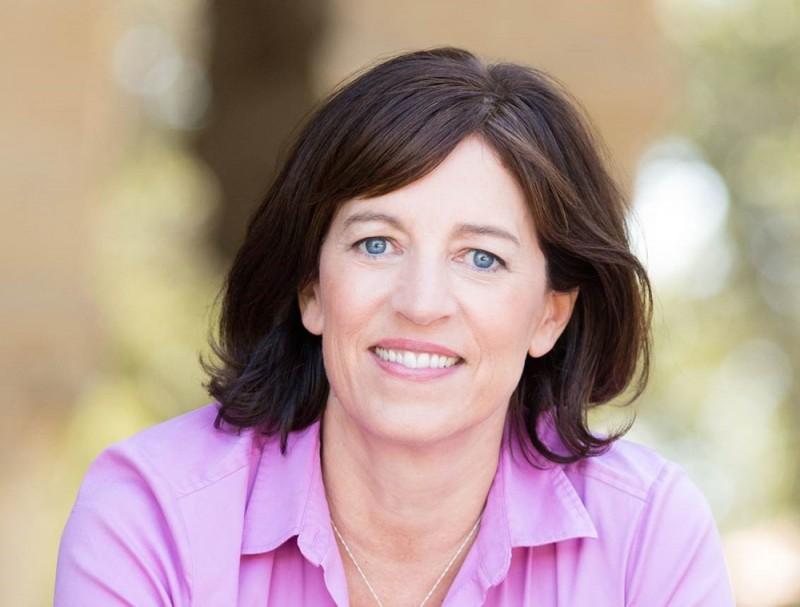
Education Professor Jo Boaler joins ‘With Math I Can’ initiative
A new nationwide initiative to encourage more positive attitudes about math is drawing on the research of leading education and psychology scholars at Stanford.
"With Math I Can" asks teachers and students to approach mathematics with a "growth mindset," or the belief that their abilities and intelligence are not fixed traits but can be developed through learning.
The campaign was launched Feb. 3 by Amazon K-12 Education and TenMarks, an Amazon company that develops curriculum and educational technology for teachers, along with a coalition of non-profit education organizations. It seeks to encourage educators and kids to take a pledge to replace saying, "I'm not good at math," with statements like, "I will learn from my mistakes" or "I will persevere through challenges in math." It also provides free educational resources through its website to help schools incorporate this behavior into classrooms as well as to assist parents in fostering this attitude in their children.
Jo Boaler, Stanford professor of mathematics education, acted as an education adviser on the campaign. She is the author of the new book, Mathematical Mindsets (published last year), and is one of the first scholars to apply growth mindset — an idea developed by Stanford psychologist Carol Dweck — to math achievement. Through Boaler's research, she found more children have a fixed mindset toward math than any other subject
"If you ask most students what they think their role is in math classrooms, they will tell you it is to get questions right, and when they inevitably struggle, most decide they are not a 'math person,'" Boaler said. "When students are in math classrooms where they are given growth mindset messages, as well as encouraged to appreciate the beauty of mathematics, to ask deep questions and to explore the rich set of connections that make up the subject, they develop a growth mindset."
Boaler added that harmful attitudes about math abound among adults, and have discouraged children from the subject. Studies show that when parents are not comfortable with math, their children adopt similar feelings.
Free resources from Youcubed, Boaler's center at Stanford Graduate School of Education, are featured in the campaign, as are educational videos from Stanford's Project for Education Research That Scales (PERTS).
According to the initiative’s website, by Feb. 7 more than 23,000 people had taken the pledge:
“To achieve a growth mindset, we commit to the following:
1. We will celebrate our mistakes as opportunities to learn and grow.
2. We will be confident and share our thinking.
3. We will persevere through difficult practice.”
"‘With Math I Can’ is an extraordinary opportunity to help students all around the country transform their thinking about math and develop a growth mindset," said Boaler.
Other groups supporting the initiative are National Council of Teachers of Mathematics, Common Sense Education, Edutopia, ASCD, Teaching Channel and Character Lab.



